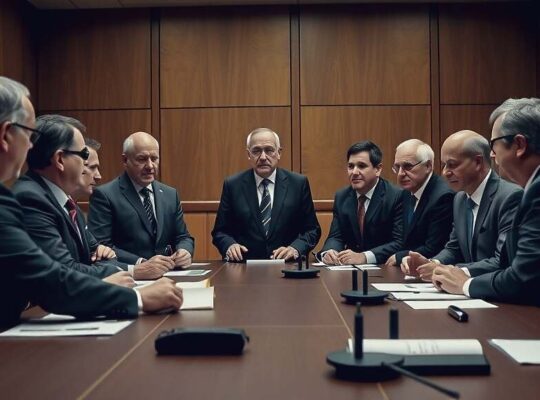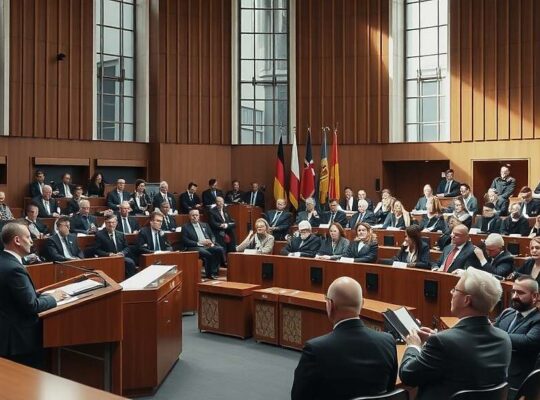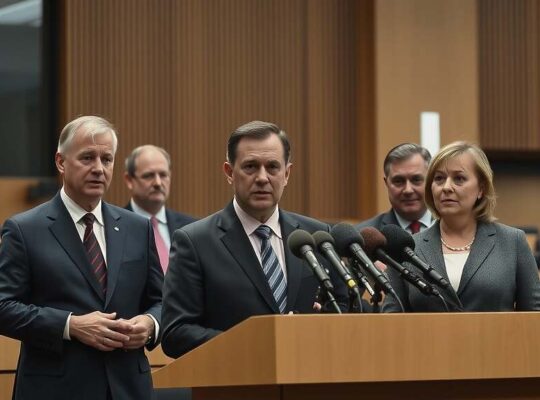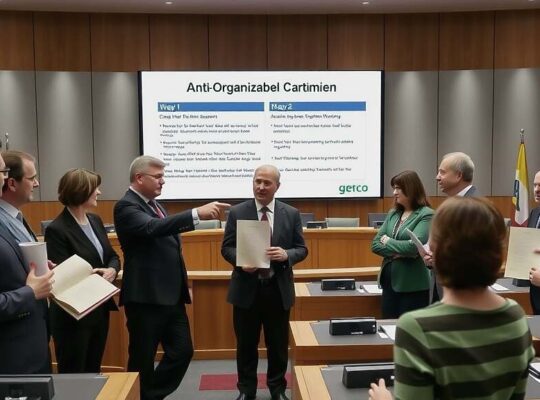The increasingly fraught debate surrounding the coalition’s proposed pension reforms has seen a surprising shift in internal CDU dynamics, with key figures from the party’s social wing lending their support to Chancellor Friedrich Merz’s stance. This backing underscores the complex political tightrope the government is walking as it attempts to appease diverging interests and manage public anxieties about the future of the pension system.
The crux of the disagreement revolves around a proposed “halt line” designed to temporarily stabilize the contribution rate at 48% until 2031, after which the sustainability factor will resume. This clause, intended as a short-term measure, has drawn criticism as potentially delaying necessary structural reforms and masking the long-term challenges posed by Germany’s aging population.
CDU MP Kai Whittaker, a prominent voice within the party’s worker’s group, defended Merz’s position, asserting that the system previously operated under similar conditions during the last “Grand Coalition” in 2018. Whittaker’s key argument centers on the inclusion of a generational check for 2029, which he suggests renders the predicted €120 billion in potential additional costs purely speculative until that point. This framing aims to deflect immediate pressure for drastic action, acknowledging the demographic shifts while suggesting a reassessment is possible in the near future.
The move is a direct response to criticisms leveled by the Young Union and Young Group, who accuse the government of bypassing the established pension commission. Whittaker directly refuted this claim, emphasizing the “halt line” as a “political decision, not a structural one”. This distinction is critical; it suggests the policy is a tactical maneuver, allowing for political maneuvering rather than a fundamental reassessment of the pension structure.
However, this internal support does not necessarily guarantee a smooth passage for the reform package. Critics argue that relying on temporary fixes postpones essential dialogue around pension sustainability and potentially burdens future generations. The generational check, while intended to alleviate immediate concerns, also risks fostering a climate of delayed action, leaving the fundamental issue of declining birth rates and an aging workforce unresolved. The backing from the social wing, while crucial for internal cohesion, may not be enough to quell broader anxieties regarding the legitimacy and long-term viability of the proposed reforms.












